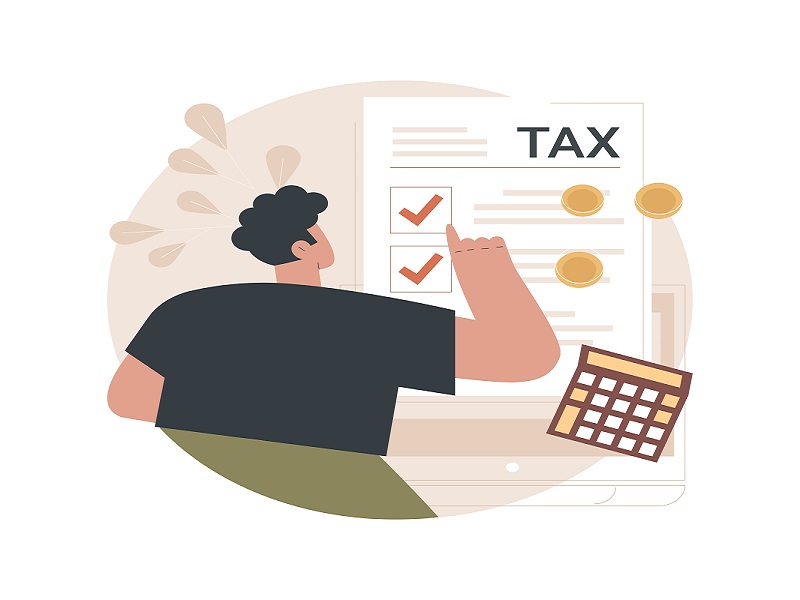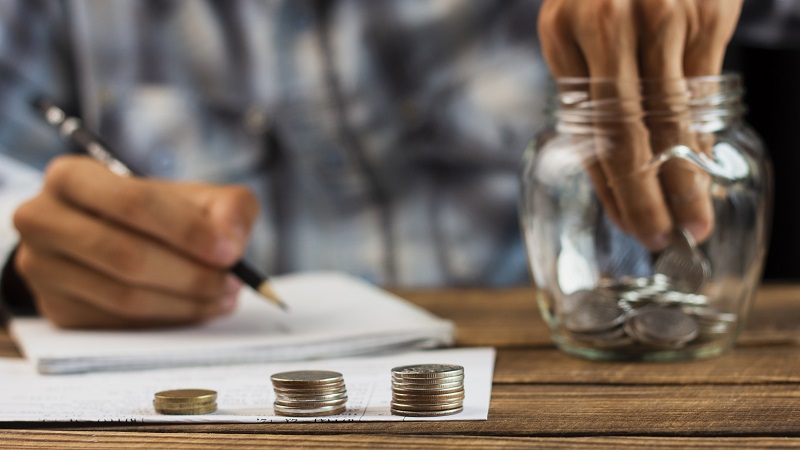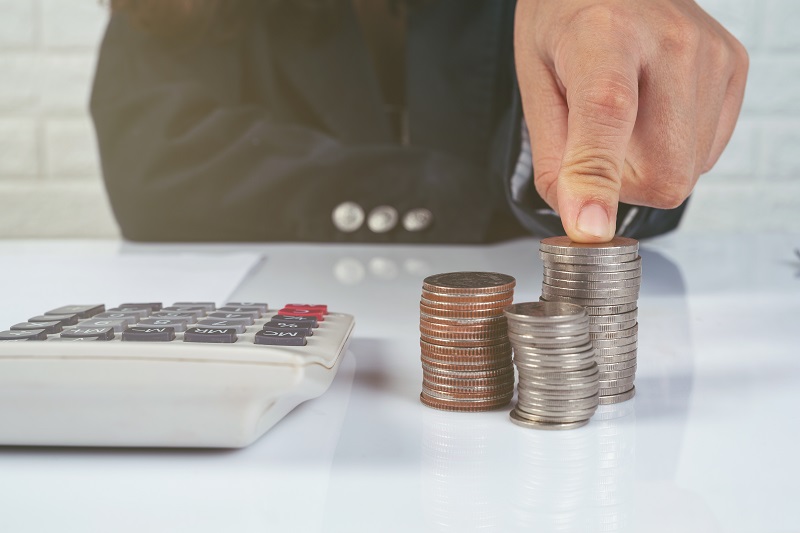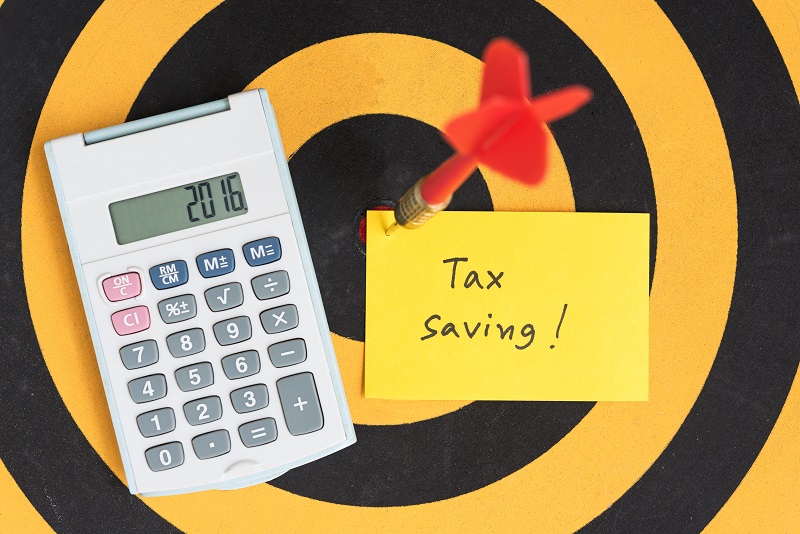The Buyt Desk
The Capital Gains Account Scheme facilitates you to avoid taxes on your capital gains from the sale of stocks, mutual funds, and gold, if and only if you buy a house. The Indian tax book has a trick to avoid long-term capital gains (LTCG) tax on your capital gains but you have to reinvest your capital gains in buying a house or capital gains bonds.
You need to safely deposit all the taxable gains gathered from selling bonds, shares, debt or equity mutual funds, and diamond and gold jewels into a Capital Gains Account Scheme (CGAS). By doing so, you reduce taxes by about 10-20%. Not all gains can be transferred to CGAS but only LTCG earned on selling bonds, shares, debt or equity mutual funds, and diamond and gold jewels.
What are conditions applied?
You can harvest your capital gains from the sale of bonds, shares, debt or equity mutual funds, and diamond and gold jewels by keeping them aside and using them to buy a house later.
-
Only buying residential property is considered
-
You have to park the whole amount and not just gains
-
You must not own more than one house
-
You have to buy a house within 2 years or build one within 3 years
How long to hold an asset to claim LTCG?
You can avoid paying LTCG tax on the below gains that are transferred to the CGAS. Also the same must be used within 2 years of accrual to buy a house, or 3 years to construct a house to avoid paying LTCG tax.
-
Listed shares and equity mutual funds – at least 12 months before selling
-
Unlisted and foreign shares – at least two years before selling
-
Debt mutual funds, and gold and diamond jewels – at least 3 years before selling
What after transferring to the CGAS?
Within two years from the sale of capital assets, a new immovable residential property needs to be purchased to avoid LTCG tax on CGAS funds. If you opt to construct a house instead of buying, then you have 3 years to utilize the capital gains balance.
Park the entire sum, not just the gains
Consider your investment to be Rs 1 lakh in stocks through which you made a gain of Rs 80000. To save taxes you will have to park principal and gains in a capital gains account with any bank. In this case, you have to park Rs 1.8 lakh in CGAS. You cannot just park the gains made from the sale of the capital asset. Nor can you use just gains made in buying a new house. The whole consideration (principal + gains) has to be parked in CGAS. It applies to gains from the sale of both Indian and foreign shares and even gains from selling unlisted shares. All can be parked in the CGAS account. By filling out Form C and withdrawing the CGAS balance, within 2 years you can purchase a house or within 3 years, you can construct a house.
Terms and Conditions apply
Under the Income Tax Act of 1961, there are terms and conditions for availing of benefits under the CGAS.
-
On the day of selling the shares or mutual fund units, you shouldn’t be the owner of more than 1 residential property.
-
You need to use the CGAS amount only to purchase a residential property and not land or commercial property.
-
You would have to track the deadline for filing income tax returns to utilize the amount. You need to buy the property before filing your 2nd-year returns. The same cannot be reflected in 3rd-year returns.
-
Similarly, you have to reinvest in house construction before filing 3rd-year returns.
Staying invested in the house
Now that you have saved on your taxes by reinvesting in a house, the next moment you cannot just sell the house. Under Section 54 (F) of the Income Tax Act, you cannot sell the house for 3 years to save the taxes but for at least 3 years you have to stay invested in the house. The entire tax benefit would be reversed if you sell the house before the end of 3 years. And if you sell it before 3 years, you have to pay the tax along with penalty and interest on the LTCG from the date of the sale.
Joint ownership to buy houses
If you and your spouse jointly own mutual funds or shares, each of you can reinvest these capital gains to buy a house or build one. This doesn’t affect the taxation around house purchases. Each one can invest in different residential properties. Joint ownership of the asset will give maximum savings on LTCG taxes.







